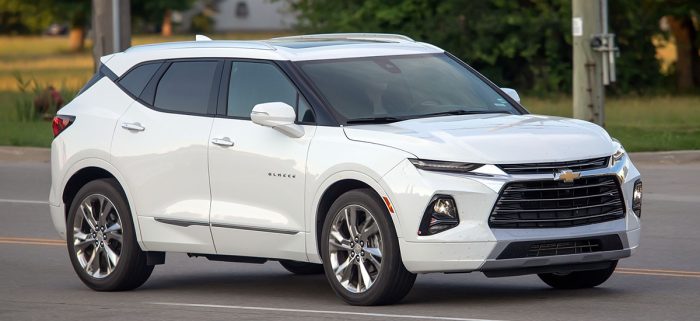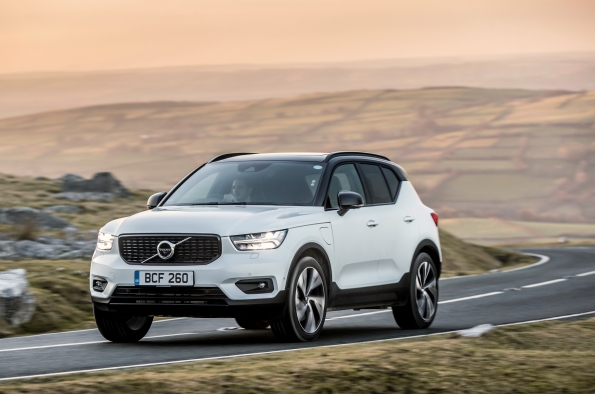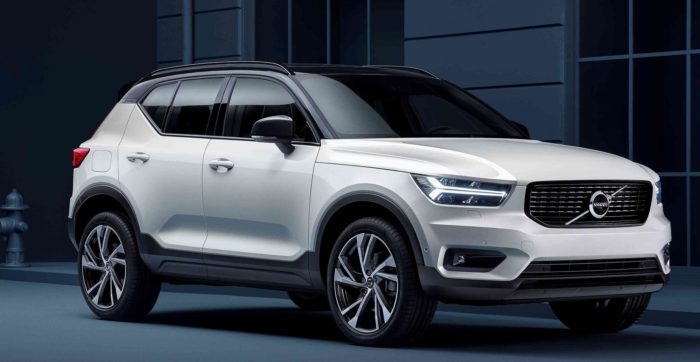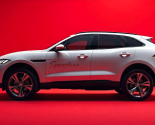Now Reading: Volvo Cars reports 6.4 percent increase in November, US sales recover
-
01
Volvo Cars reports 6.4 percent increase in November, US sales recover
Volvo Cars reports 6.4 percent increase in November, US sales recover
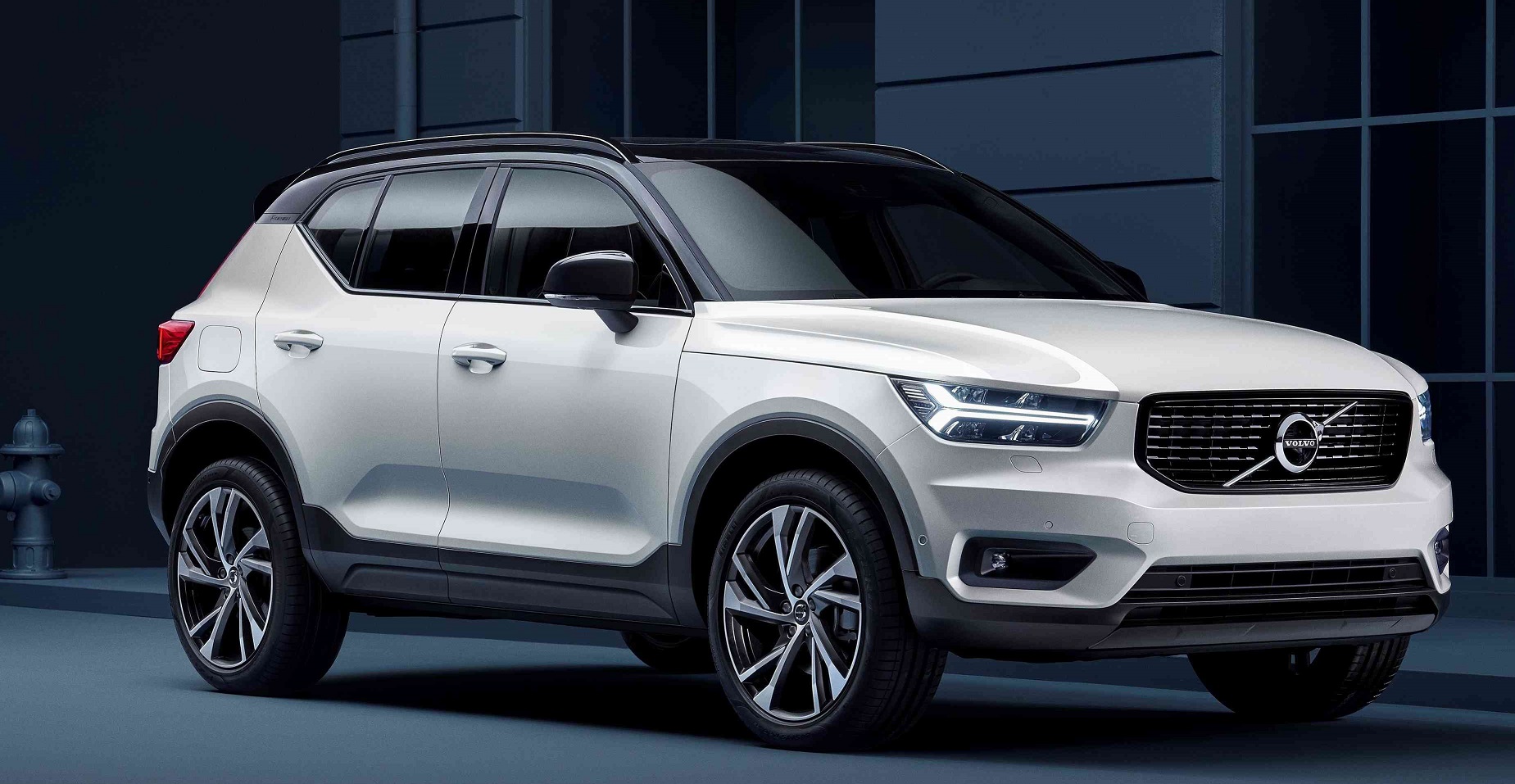
Volvo Cars’ global sales continued to increase in November, with volumes boosting 6.4 percent compared with the same period in 2019. The sales boost was led by a strong performance in China and in the US, where losses from earlier COVID-19 shut-downs were entirely recovered.
The company sold 66,579 cars during the month, and the volume increase was led by continued strong demand for Volvo Cars’ award-winning SUV range.
The share of Recharge models, with a wholly electric or plug-in hybrid powertrain, more than doubled in the first 11 months of the year compared with the same period from 2019, and now comprise 16.4 percent of worldwide sales. In Europe, the share was 27.8 percent in the same period.
In the first 11 months of the year, Volvo Cars sold 582,997 cars, droppping 7.6 per cent compared with the same period last year.
In China, sales reached a monthly all-time high of 18,032 cars, up 24.3 percent compared with November last year. In the first 11 months of the year, sales increased by 7.2 percent compared with the same period last year.
US sales in November continued to increase year-on-year during the month and reached 11,590 cars, increasing 20.3 percent compared with the same month last year. In the first 11 months of the year, US sales were flat at 95,885 cars compared with the same period in 2019.
Volvo Cars’ sales in Europe reached 26,094 cars in November, declining 10.8 percent versus the same month in 2019. In the first 11 months of the year, sales dropped by 17.0 percent year-on-year.
In November, the XC60 mid-size SUV was the top-selling model for Volvo Cars, after the XC40 compact SUV and the XC90 large SUV. During the month, SUVs represented 73.4 percent of the company’s total sales, up from 68.0 percent in the same month last year.
During the first 11 months of the year, the XC60 was the top-selling model, with overall sales of 169,445 cars (2019: 182,782 cars), followed by the XC40 with 161,329 cars (2019: 123,403 cars) and the XC90 with 80,275 cars (2019: 89,697 cars).
Stay Informed With the Latest & Most Important News
Previous Post
Next Post
-
![2026 Toyota Hilux EV: A Powerful Truck with Silent Torque]() 012026 Toyota Hilux EV: A Powerful Truck with Silent Torque
012026 Toyota Hilux EV: A Powerful Truck with Silent Torque -
![2027 Mercedes-Benz S-Class Debuts with V8 Engine [Photo Gallery]]() 022027 Mercedes-Benz S-Class Debuts with V8 Engine [Photo Gallery]
022027 Mercedes-Benz S-Class Debuts with V8 Engine [Photo Gallery] -
![The Financial Benefits of Corporate Fuel Cards for Fleet Management]() 03The Financial Benefits of Corporate Fuel Cards for Fleet Management
03The Financial Benefits of Corporate Fuel Cards for Fleet Management -
![What Are the Most Reliable Jaguar F‑Pace Parts to Maintain SUV Safety and Comfort?]() 04What Are the Most Reliable Jaguar F‑Pace Parts to Maintain SUV Safety and Comfort?
04What Are the Most Reliable Jaguar F‑Pace Parts to Maintain SUV Safety and Comfort? -
![Performance Toyota Hilux Clutch Kits: Are They Worth the Investment?]() 05Performance Toyota Hilux Clutch Kits: Are They Worth the Investment?
05Performance Toyota Hilux Clutch Kits: Are They Worth the Investment? -
![Spy Shots: 2027 Mitsubishi Pajero Spotted in Testing Ahead of Possible U.S. Return]() 06Spy Shots: 2027 Mitsubishi Pajero Spotted in Testing Ahead of Possible U.S. Return
06Spy Shots: 2027 Mitsubishi Pajero Spotted in Testing Ahead of Possible U.S. Return -
![What Is the Cheapest Ford Truck? A Guide to Affordable Ford Pickup Options]() 07What Is the Cheapest Ford Truck? A Guide to Affordable Ford Pickup Options
07What Is the Cheapest Ford Truck? A Guide to Affordable Ford Pickup Options

![2027 Mercedes-Benz S-Class Debuts with V8 Engine [Photo Gallery]](https://speedlux.com/wp-content/uploads/2026/01/2027-Mercedes-Benz-S-Class-33-700x394.jpg)










